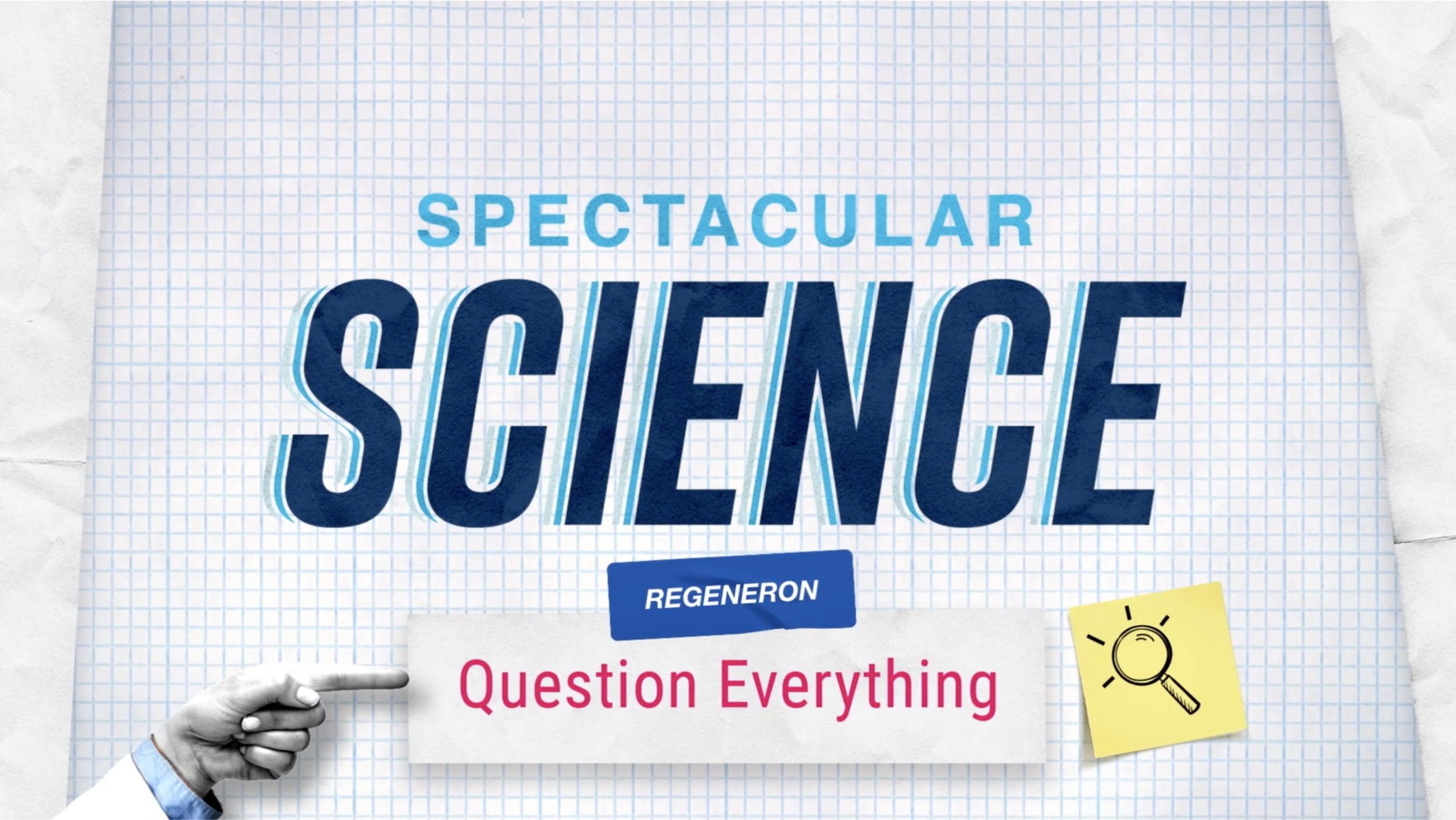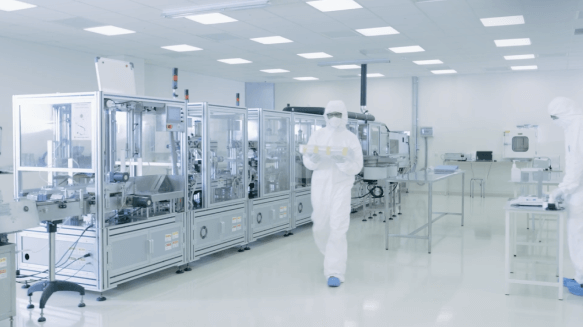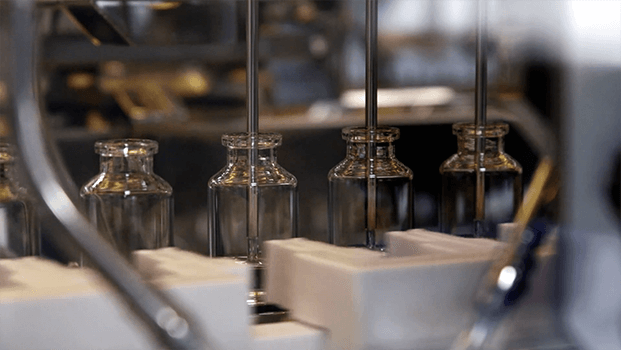OUR GREATEST DISCOVERIES
HAVE YET TO BE MADE
We use science to solve the human body’s most complex mysteries. With our deep expertise in genetics, biology and technology, we pursue multiple therapeutic approaches – from biologics to genetic medicines to cell therapies – to revolutionize medicine.

Follow the path to groundbreaking treatments
The path from early research to delivering a new medicine to a patient can be long and circuitous. It rarely goes in a straight line, and instead requires flexibility and iteration as we learn more about the disease, therapeutic interventions and patient needs. We take a data-driven, interdisciplinary, problem-solving approach to identify and develop new treatments. From a bird’s eye view, learn how we tackle our mission of turning science into medicine.

Gain a deep understanding of human biology and genetics
Our scientific philosophy centers on applying our understanding of biology and human genetics to identifying potential new and effective disease targets. We also tap into genetics to validate existing programs and optimize our clinical trials. By understanding the genetic underpinnings of the disease – when it is genetically-driven – we strive for a more precise approach to discovering and developing a treatment.
Regeneron Genetics Center® (RGC) enables a deeper understanding of the genetic drivers of human health and disease through large-scale human genomics research.
Follow the science for unexpected breakthroughs in diverse areas of study
We pursue research in a wide range of conditions, from ophthalmology to cancer to inflammation to cardiovascular disease. As we develop new technologies, we look for ways to apply them where there is patient need, opening doors to treating a plethora of diseases through innovative scientific approaches. We also seek ways to expand our existing clinical and commercial medicines to more indications and patients, where appropriate, by exploring the common drivers between different diseases.
Our research areas of current focus:
These pages contain information concerning investigational candidates or uses that have not been reviewed or approved by any regulatory authority.
Evaluate the appropriate therapeutic mechanism of action for each disease
Not every therapeutic “tool” or type of medicine works for every disease, so we have built a robust “toolbox” of varied investigational therapeutic approaches that we are researching – sometimes in combination – from which we can draw. These approaches include protein therapeutics (for instance antibodies or our Regeneron Trap technology), genetic medicines (for instance gene therapy, gene editing or gene silencing) and cell therapy. Some programs start with a disease target and others start with the therapeutic approach, either way moving toward matching up the two.
Pioneers in antibody medicine
Our scientists are leading the way, developing new technologies to help discover better and novel antibodies, including monoclonal, bispecific and costimulatory antibodies. Discover the past, present and future of antibody medicine.

Advancing genetic medicines
We realize different diseases need different approaches – and by following the science, we expanded our “toolbox” of therapeutic approaches to include genetic medicines. Learn about how we’re combining our viral vector and antibody delivery capabilities with gene editing and more.

Building cell therapies
To realize the full potential of cell therapies, we are advancing the next generation of cell therapies by applying deep T-cell therapy technical knowledge and exploring combinations with Regeneron’s proprietary antibodies and bispecifics.
Embed innovative technology into drug discovery and development
We build proprietary technologies that help identify and advance the best-suited therapeutic approach for each disease. With nearly four decades of technology platform experience, we strive to create efficiencies and repeatability in drug development through the innovative use of groundbreaking technologies.
Revolutionizing how to make medicine
Our multiple proprietary technology platforms, including our bottleneck-breaking VelociSuite® technologies, improve and accelerate the way medicines are traditionally discovered and developed. We’ve raised the bar for R&D excellence and productivity in biotech.


Manufacture investigational and approved medicines with excellence and a continual improvement mindset in order to help patients around the world
Our manufacturing team is similarly grounded in science and technology, and is integrated into our discovery and development process from the start. We invent new and optimize established processes to consistently produce high-quality and stable drugs for clinical trials and approved usage. By applying a deep understanding of the biochemical and biophysical properties of the drug with our proprietary platform technologies, we then produce our medicines for people in need at large scale.
Rigorously study safety and efficacy, with the patient always in mind
Our pipeline of investigational medicines is comprised of primarily homegrown therapeutics for dozens of diseases and is powered by end-to-end research and development capabilities, from the earliest stages where we identify promising drug compounds through our full clinical development process.


Deliver our approved or authorized medicines
Our goal is to address serious medical conditions across multiple and diverse therapeutic areas. Our approved and authorized medicines are manufactured at the highest quality and delivered to patients around the globe.





